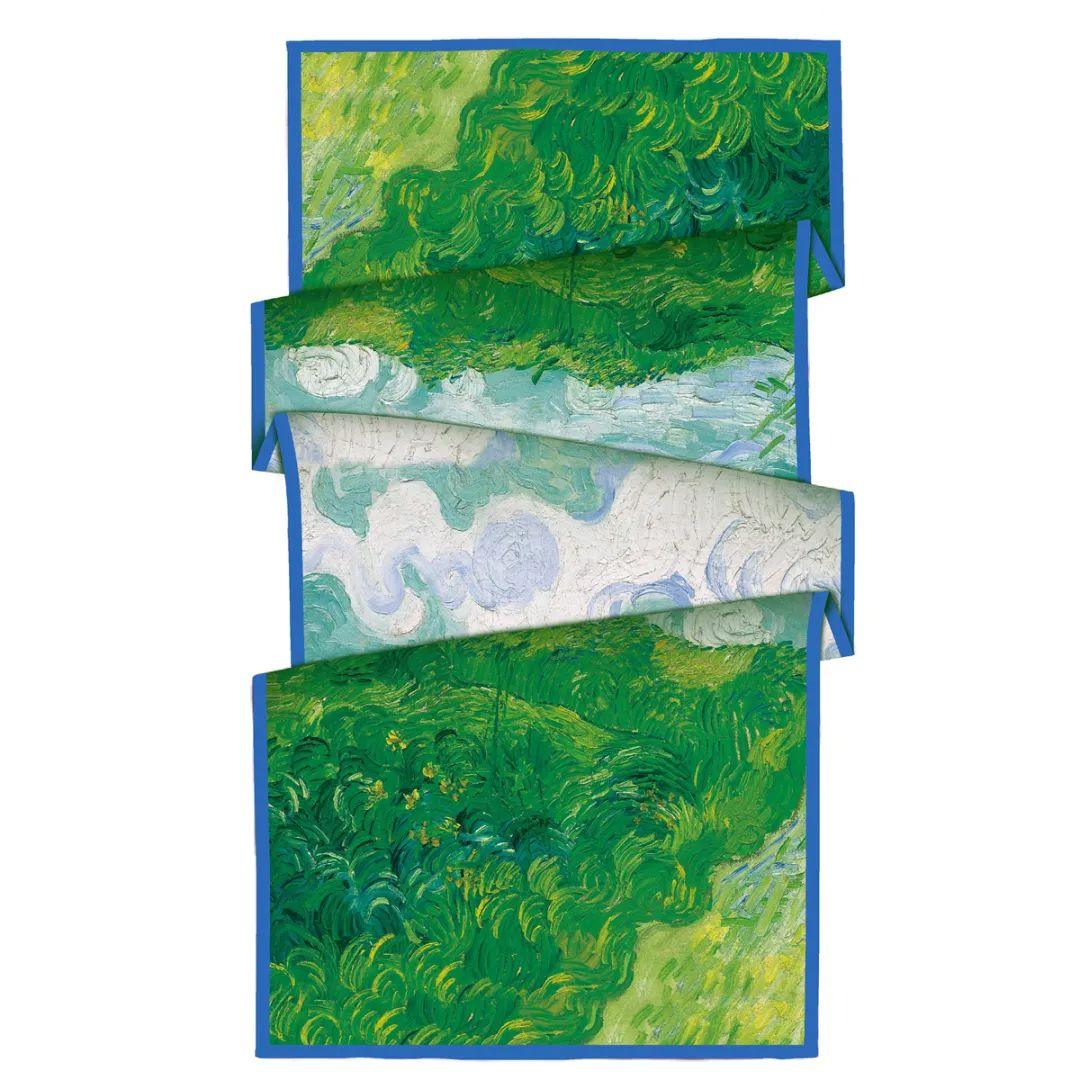The Joyful Socializing and Spiritual Growth of Ramadan and 'Eid al-Fitr
In the rich tapestry of Islam, there are five fundamental pillars that guide believers, but let's delve into the heartwarming social impacts that unfold during the holy month of Ramadan and culminate in the joyous celebration of 'Eid al-Fitr. This photograph, captured after the festivities when decorations had started to fade, shows the entrance to a home rented by Pakistani expatriates. On either side, they've written "Eid Mubarak," the traditional greeting exchanged during this blessed time, encapsulating the festive spirit that marks this special period in the Muslim calendar.

While Ramadan imposes various restrictions on practicing Muslims, what non-Muslims often observe is not hardship but a sense of enjoyment and camaraderie. Of course, there are challenges, especially for those who work outdoors during the daylight hours and must abstain from food and drink. This practice can be particularly stressful during the hotter months of the year.
The obligation of sawm, or fasting, dictates that Muslims refrain from eating, drinking, and engaging in sexual relations from dawn until sunset during Ramadan. The reasoning behind this is straightforward: fasting is a time for introspection, contemplation, and devotion to God. It's a period where individuals are expected to benefit from self-discipline and cultivate empathy for those less fortunate.

One of the beautiful outcomes of this introspection is the fulfillment of another pillar of Islam: zakaat, or giving alms to the poor and needy. This photograph, taken in Doha's suq waqf during the early 1970s, depicts a large gathering, mostly women, receiving sadaqah al-fitr from a generous merchant. This customary charitable gift, often in the form of rice and staple foods, is donated during the last week of Ramadan to help those in need prepare meals for their loved ones on 'Eid al-Fitr. While this gift is relatively small, it holds great significance and does not count towards the zakaat obligation.
During the daylight hours, life slows down, and both government and private sectors follow this rhythm, even though many workers in the peninsula may not be Muslim. They too, out of respect, refrain from eating or drinking in public places, although they are generally allowed to do so in the privacy of their homes or offices. Interestingly, many non-Muslims choose to join in the fasting for various reasons, some practical, and some as a personal challenge.
The meal that breaks the fast each day has become a cherished event, often shared with family and extended to guests. After the meal, people venture out to socialize, shop, and enjoy themselves. This festive atmosphere continues throughout the evening and into the night for many. Some stay awake all night or rise early to enjoy a pre-dawn meal before the fasting resumes with the fajr prayer's adhaan. To endure the day, some take the opportunity to rest during the daylight hours, a particularly helpful strategy for those with health concerns.
While fasting is a self-imposed pressure, certain individuals are exempt, such as children before puberty, the elderly, those with chronic illnesses or mental health conditions, nursing mothers, menstruating and pregnant women, and travelers. However, some of these exempt individuals may choose to feed the poor or fast on other days to make up for the missed days during Ramadan.
In Doha, it's a tradition for the army to bring a field gun to the Corniche and fire it at the end of each day of Ramadan, signaling the official end of daylight fasting and the start of evening activities. Just before this, there's a lull preceded by a surge of activity on the roads as people rush to gather the last ingredients for the breaking of the fast and hurry home to be present when the gun fires and iftaar begins. It's generally best to avoid the roads during this time.



The holy month concludes with the three-day 'Eid al-Fitr holiday, which begins on the first day of the month of Shawwal. It's celebrated in a similar manner to the daily festivities of Ramadan, but with even greater enthusiasm. It's a time for extended families to gather, reconnect, make phone calls to loved ones abroad, and enjoy meals and the exchange of gifts. The private sector and government often organize special events like sea races, and a festive atmosphere permeates the entire peninsula. The country seems more vibrant and alive due to these activities, bringing people together in joy and celebration.


